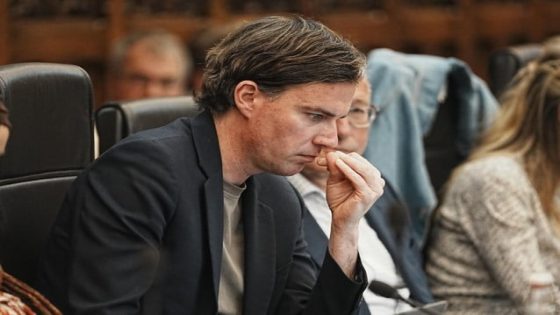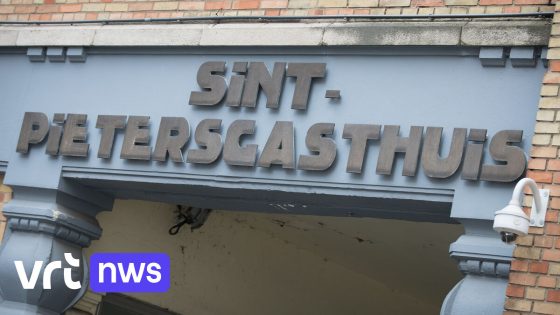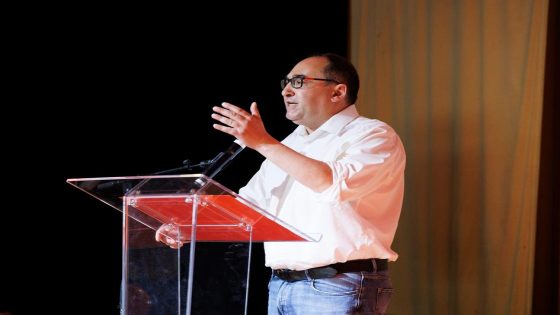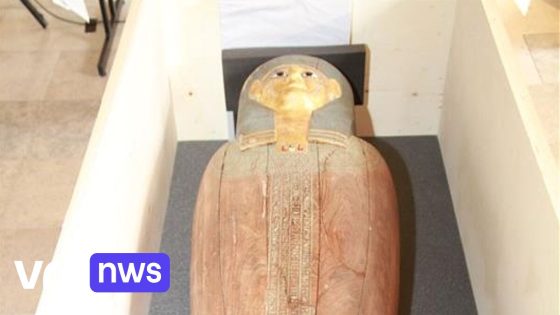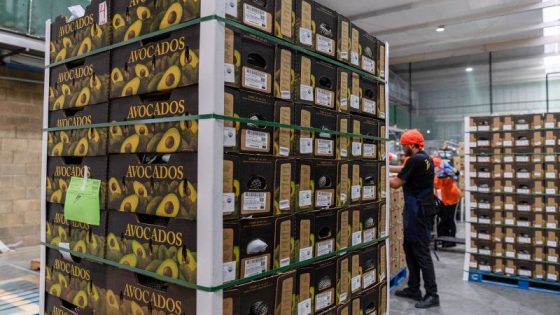In Gent, a recent police intervention over a chalk message reading ‘Free Palestine’ sparked debate about freedom of expression and public order. The incident, which occurred in Gentbrugge, was addressed by Mayor Mathias De Clercq during a municipal council meeting. He clarified that such chalk drawings on sidewalks are generally permitted, provided they are not hateful or discriminatory.
- Police intervened over "Free Palestine" chalk message
- Mayor De Clercq called intervention unnecessary
- Chalk messages allowed if non-discriminatory
- Resident removed message after police mediation
- No official report filed by police
- Social media complaints handled by police team
The police acted following a report via social media platform X about a supposed paint inscription. However, at the scene, it turned out to be harmless sidewalk chalk. The resident responsible voluntarily removed the message after a polite discussion with officers. Mayor De Clercq emphasized on 2025-06-17 02:14:00 that there was no need for removal since the chalk message did not incite hatred.
What does this mean for public expression in Gent? And how does the city balance free speech with community standards? The following summary sheds light on the local stance and police approach.
Is chalk art a form of free speech or a public nuisance? Gent’s response suggests a nuanced approach, focusing on intent and content rather than medium. Key points include:
- No police report was filed, showing restraint in enforcement.
- Hundreds of similar chalk messages appeared over the weekend without intervention.
- Complaints via social media are monitored and prioritized by a dedicated police team.
- The city distinguishes between hate speech and peaceful messages in public spaces.
As public discourse evolves, Gent’s example invites residents to engage respectfully in shared spaces. Will other Belgian cities adopt similar tolerant stances? Citizens and authorities alike should stay informed and participate in shaping these local norms.



